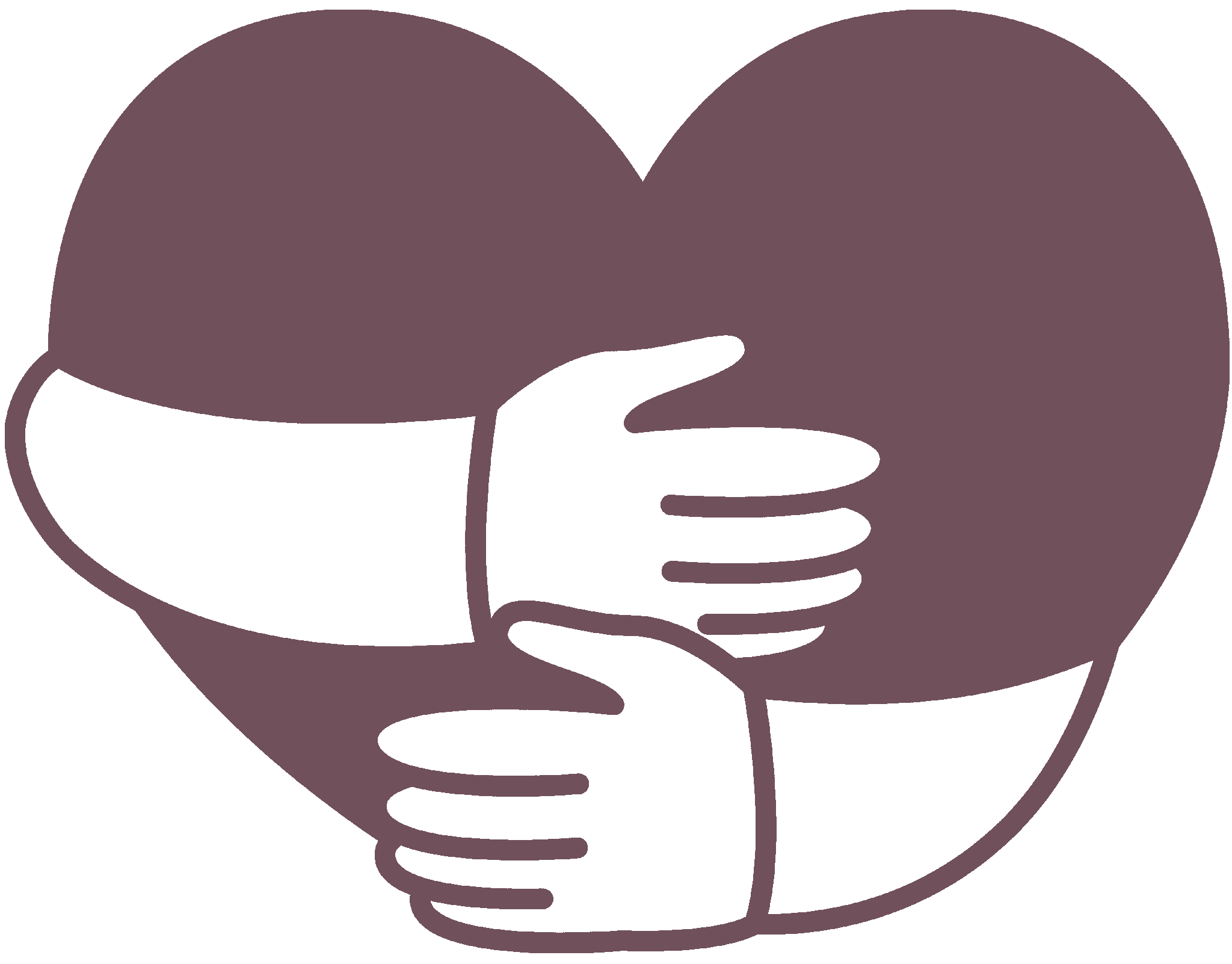What is Anger?
Anger is an unpleasant emotion, usually a strong one. Anger arises when we feel someone is violating our rights and values, so we need to defend ourselves. In the face of danger, anger is a normal, healthy reaction. The ability to fight and defend oneself when threatened is rooted in these strong, often aggressive emotions and actions. We distinguish between anger and aggression even though most people use these words interchangeably. Anger is a feeling; aggression is an action.
What triggers Anger within us?
Anger might ignite when you feel hostile towards someone or feel someone has wronged you, for example, by betraying, lying and disrespecting you. In such a situation, anger might be the best emotion as it provides an outlet to process such feelings. We usually experience anger when our brain tells our body something is terrible, whether in a physical or psychological environment. Your eyes and hearing send a message to the amygdala, the region responsible for controlling your emotions, telling it that something is happening. When we encounter anything that could harm us, our amygdala sends signals to the hypothalamus. The hypothalamus then tells your body to get ready to fight or flee.
Anger can arise from a variety of different situations. There might be environmental, psychological, biological, or social factors at play in the origination of rage. Some of the most common sources of anger include trauma, substance abuse, egocentrism, disappointment, frustration, and the experience of loss. Here are the five common reasons but not the only reasons, that can trigger feelings of anger.
- Trauma: Trauma can include a wide range of experiences, such as physical abuse, sexual abuse, emotional abuse, neglect, or witnessing violence. These experiences can cause deep emotional wounds that can lead to anger.
- Substance abuse: Substance abuse, including drugs or alcohol, can impair judgment and increase aggression, leading to angry outbursts or violent behaviour.
- Egocentrism: Egocentrism is the tendency to focus on one’s own needs and desires to the exclusion of others. This can lead to entitlement, frustration, and anger when one’s needs are unmet.
- Disappointment: When our hopes and dreams for ourselves or others are dashed, we may feel disappointed. Frustration, resentment, and rage might result from this situation.
- Frustration: Frustration can occur when we feel we are not progressing or achieving our goals. This can lead to feelings of impatience, irritability, and anger.
What are different Types of Anger and their Impact?
One’s level of anger can range from mild irritation to extreme rage, and it is a normal human emotion. There are three main types of anger: passive, aggressive, and assertive. Passive anger, also known as explosive rage, is a sudden, intense outburst that quickly dissipates. Aggressive anger, or repressed rage, is held inside and not expressed directly. Passive-aggressive anger is a more subtle form of anger in which a person may say or do things that are not openly angry but still convey anger indirectly.
When angry, a person may experience physical symptoms such as an increased heart rate and rapid breathing, as well as sweating and flushed or red skin. They may also clench their fists, grit their teeth, or raise their voice. Angry thoughts may also arise, such as a desire to hurt the person or the thing causing the anger. It is essential to manage anger healthily, such as by expressing it assertively or seeking help from a mental health professional.
Intense anger can have severe consequences for the person experiencing it and those around them. It can lead to aggressive or violent behaviour, resulting in physical harm or damage to property. It can also damage relationships and cause social isolation. Anger can have serious consequences, including physical health issues like melancholy and anxiety, as well as legal and financial challenges. It is crucial to practise healthy anger management in order to prevent these unfavourable outcomes.
How to Deal with Anger and Achieve Peace and Happiness?
It’s okay to feel angry. In fact, it’s a normal and healthy emotion. But what’s not okay is to let that anger fester and turn into resentment, bitterness, or hatred. It is a powerful emotion that is felt when you feel something or someone is hurting or trying to hurt you. Anger can motivate you to find solutions to problems. It can help you to recognize your needs and healthily assert them. The emotion of anger is normal and acceptable. As a matter of fact, this is an entirely regular occurrence. A good dose of anger is something everyone feels from time to time. Healthily managing your anger is the key. Some suggestions are as follows.
- Acknowledge your anger. Don’t try to bottle it down. Recognize that you’re feeling angry and allow yourself to experience the emotion.
- Identify the source of your anger. Once you know what’s causing you to feel angry, you can start to deal with the real issue instead of just suppressing or expressing anger.
- Don’t let anger control you. Always try to remember that you are the one in charge of your feelings and reactions, including how you decide to handle your anger. Don’t let your anger turn into hatred. Hatred is a destructive emotion that will only hurt you in the end.
- Find constructive ways to vent your aggression. Yelling, hitting, or breaking things will only make you feel worse. Instead, you should attempt writing, chatting with a friend, or working out to release frustration.
- Practice mindful breathing. Breathe deeply and focus on reawakening your awareness of the present moment. This can help you calm down and better deal with your anger. To bring yourself into the here and now, take a few deep breaths.
- Channel it Healthily. One way to channel anger healthily is to express it through writing. Writing can be a therapeutic way to release all the pent-up anger and frustration we may be feeling. It can also help us to understand better our anger and what may be causing it. Additionally, it can be a way to brainstorm healthy solutions to the problems that are making us angry in the first place.
- Being Active is Key. Another way to channel anger in a healthy way is to get active. Exercise is a great way to release all that built-up energy that comes with anger. It can also help to clear our minds and allow us to think more clearly about the situation that makes us angry. Additionally, getting active can help to boost our mood and improve our overall sense of well-being.
- Reach out. If you find yourself struggling to control your anger, there is no shame in seeking professional help. A therapist can help you understand your anger’s root causes and develop healthy coping mechanisms. They can also provide support and guidance as you work through difficult emotions.
- Don’t take your anger out on others. It’s not their fault that you’re angry, and it’s not fair to lash out at them.
- Don’t hold onto your anger. It’s okay to feel angry for a while but try to let it go after a day or two. If you find yourself still angry after a few days, it might be time for self-reflection, as the real reason for your anger is still hidden and remains not addressed.
- Look beyond what you are angry about. When you find yourself in a situation with another person resulting in anger and resentment, consider the situation from the other person’s vantage point. We tend to just see one side of a story when we’re in the thick of our own anger, but there’s always more than one.
- Don’t Repress your Anger. Keeping bitterness and fury bottled up inside of you will only serve to damage you in the long run. Make an effort to forgive the person or circumstance that has caused you to feel anger.
- Concentrate on the here and now. Remembering the past can only serve to make you more irritable in the present. Instead, you should concentrate on the here and now and consider what actions you can take to improve the situation.
- Don’t take your anger out on yourself. Beating yourself up will only make you feel worse.
Once you’ve identified your triggers for anger, you can learn to recognize them when they occur. You can then use your anger management techniques to deal with your anger positively. And finally, one of the best ways to make peace with your anger is to simply accept it. Don’t try to push it away or ignore it. Recognize that it’s there and that it’s a part of you. Then, let it go.
In short, anger is an ordinary, inevitable human emotion. It happens when we must protect ourselves because we believe our rights or ideals have been infringed upon. Finding constructive ways to deal with anger is critical, and it starts with self-awareness and self-healing. The effects of rage, both on the individual feeling it and on others around them, can be devastating. It is crucial to recognize and address the real reason or feeling leading to anger to prevent unfavourable results.


